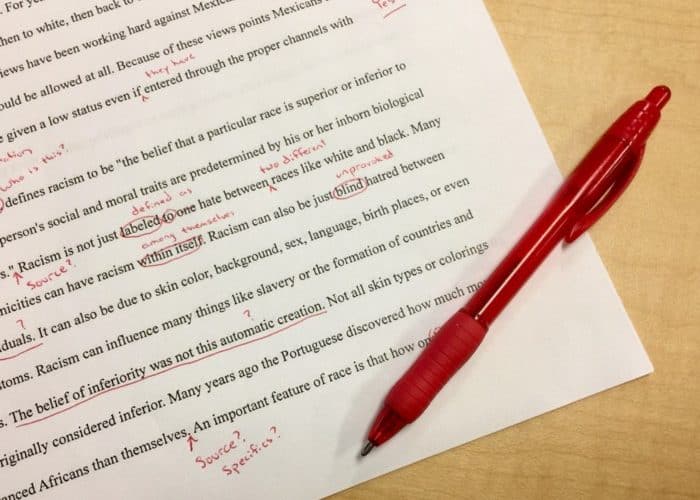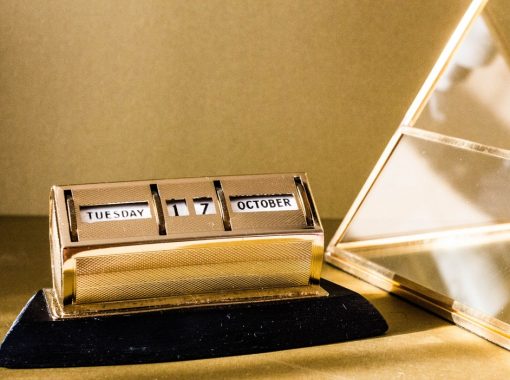
How to Improve Common Press Release Mistakes

It’s not just you. Everyone makes these mistakes. But don’t worry! There is still room for improvement.
People often think their press release writing skills are on point. But does every release you write get picked-up or noticed by the media? If they do, continue and carry on. If they don’t, it’s time to take a look at your writing process.
Still think your press release writing skills are impeccable? Keep reading anyway. Why? Knowing these mistakes now may help you avoid them in the future…
1. Write it Hastily
Looking to run the risk of making a huge mistake? Quickly write a release, send it to your chosen distribution services and media reps. —That’s a trainwreck waiting to happen.

When writing a press release, keep in mind your professional reputation is at stake. Creating a quick press release without revision is sloppy. Media, competitors, and peers will see your work when it hits the wire. They will perceive your work as being “too rushed”.
If you have the opportunity, make sure to set enough time to write your release. Gather all the information you need to include and use the inverted pyramid to write your release. Revise it, and revise it again. Have someone else read it to make sure its readability is solid. Avoid writing a last-minute release, but if you need to, revising it is a must.
2. Don’t Worry About Formatting
Press releases are written in a traditional format, used by all industries.
Yes, you can write press releases in any format, but if you want the media to take your story idea or new seriously, we highly recommend using the traditional format. The traditional format releases are written satisfies the media’s journalistic needs. When writing, you are helping them easily determine whether or not your news/story is worth the interest. Stick with the format, or try it out for the first time and see if you get any earned media traction.
3. No News

You can write a press release about anything, right?
Not really, but people do.
If you want your release of standing a chance of being picked up by the media, make sure your news is truly newsworthy.
Ask yourself these questions:
- Is it important, relevant, and timely?
- does your information change lives? If so, how?
There are thousands of potential stories that the media must sort through. The news that you send them must stand out from the rest. Find the top headline of the day and think, “Is my news more important/can compete with this?” Depending on how you answer that question can and will determine whether or not you should create a press release.
4. Use Jargon and Techspeak
Don’t you love reading press releases with a bunch of jargon? Or how about tech companies who do not bother to fully explain acronyms, and industry lingo?
Now imagine your average journalist reading the release, dismissing the opportunity to cover it.
Creating a press release using industry terms makes you look like you know what you’re talking about, and that’s great! But, what about the people who know nothing about your industry? Use your press release as an educational piece and simplify it, allowing the average-Joe to understand what you are talking about.
5. Write Conversationally
Your press release isn’t a text message. Don’t treat it like one.

Conversational copy does not belong in a press release. PRs are more formal pieces of content for the media, not your best friend.
You are trying to create a professional relationship with the media. Writing a conversational press release may seem like a unique way to grab their attention, but this isn’t a pitch. Write a release that encompasses all the pertinent information they need to decide whether or not your news is worth covering. Using the traditional press release writing format will help you do so.
6. Skip the Quotes and Supporting Information
If a journalist was on deadline and could not get in contact with you, what do they do? Pull a quote from the press release.
What happens if you don’t have one? Don’t take that chance. Always include a quote.
Relevant quotes make a press release interesting and add personality. If you have something to say, say it! Rave about your company or expand more about the details of your new product. Your quote must be relevant, support or enhance the information in your release.
It’s better to learn now, than make a mistake and learn from it. The next time you are writing a release, take these points into account. One of them might be the reason why your release isn’t getting the traction you expected. Always make sure you are following press release best practices when writing your release.



